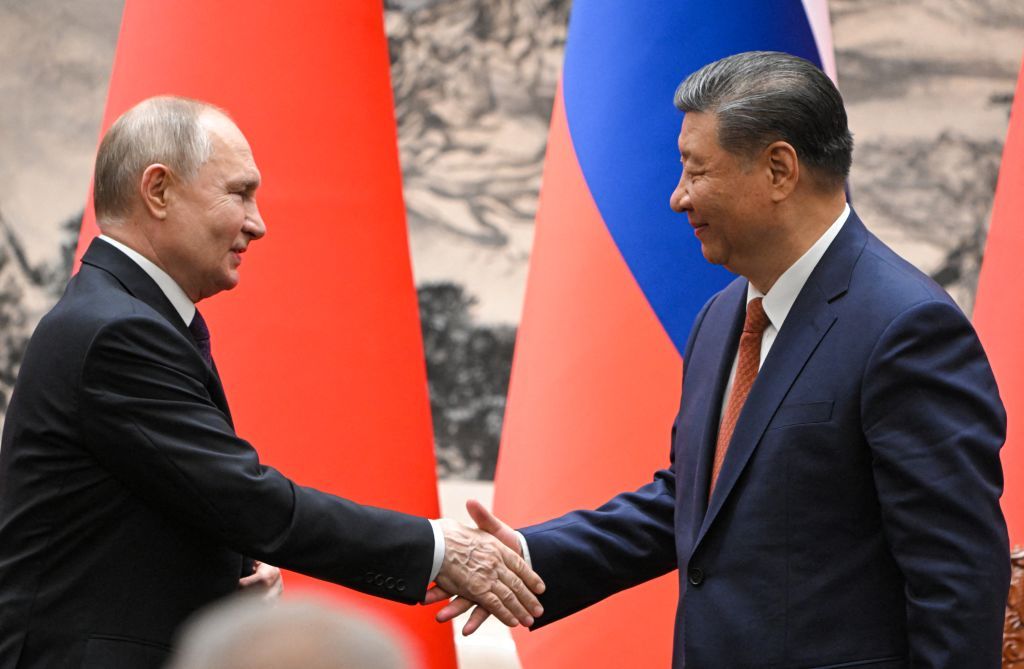**US Attempt to Drive a Wedge Between Russia and China Is Bound to Fail**
The United States has been trying to drive a wedge between its long-time foes, Russia and China. But experts say this approach is fundamentally flawed.
U.S. officials have made it clear that they want to weaken Russia’s relationship with China. Former Special Envoy for Ukraine and Russia Keith Kellogg even said the U.S. would try to “break Putin’s alliances.” However, these efforts seem to be having little impact on the strong bond between Moscow and Beijing.
Russia and China have a long history of cooperation, dating back to the Soviet era. Today, they are each other’s biggest trading partners, with Russia exporting oil, gas, and timber in exchange for Chinese manufactured goods. This interdependency has grown even stronger since Russia’s invasion of Ukraine, when the EU introduced sanctions on Russian gas.
**A “Match Made in Heaven”**
According to Temur Umarov, a research fellow at the Carnegie Russia Eurasia Center, this relationship is a “match made in heaven.” Both countries see themselves as alternative centers to Washington and are committed to reforming the international system.
The Chinese-Russian relationship has few weak spots. While there may be disagreements on issues like North Korea, their economic ties are strong. China’s military industry is based on Soviet-era technologies, which Russia can provide. Moreover, Beijing has come to dominate this economic relationship, buying as much gas as it needs and refusing Moscow’s advances to sell more.
**The U.S.’s “Reverse Kissinger” Strategy**
So what does the Trump administration want to achieve with regards to Russia? It seems unclear, but some experts believe that warming relations between the two countries is just one step in a broader effort to weaken China. However, this approach may not be effective as both Moscow and Beijing see too much value in their close relationship.
“Moscow doesn’t want to be seen as sacrificing its relationship with China for the sake of being closer to the United States,” Umarov said. “For Moscow, this relationship is a strategic interest, and there are many reasons why it’s just unimaginable for Russia to turn its back on China.”
**Structural Problems in the U.S.-Russia Relationship**
Furthermore, structural problems in the U.S.-Russia relationship make it hard to imagine the two countries seriously warming relations. The U.S. does not have any strategic, economic, military or political advantages to offer Russia, unlike China.
So, whatever the war’s outcome, the success of an American “reverse Kissinger” strategy is doubtful. People who are putting these thoughts into policy in the U.S. don‘t understand the current nature of the relationship between Moscow and Beijing.













